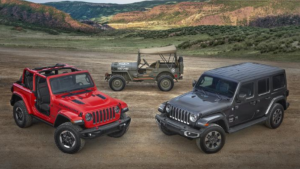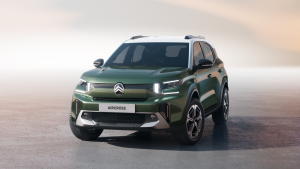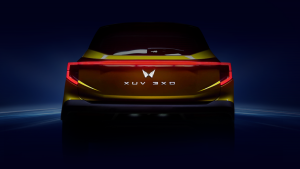Can you connect with your car? Or feel every breath it takes?
Recently when I was dining with my dear friend Shivrajsinh Gaekwad of Madhavbagh, the only Royal Heritage Homestay in Vadodara, he mentioned something very interesting. He said, "You know Bob, my late father Bhupendrasinh Gaekwad always used to say that he preferred the British SU carburettors to the ones made by Solex (French), because they did not make a hissing sound when you pressed the accelerator".
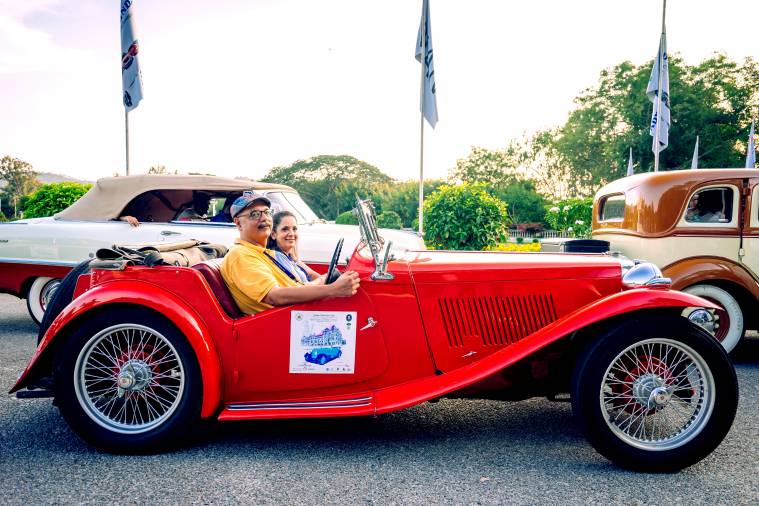 Whenever I drive an old car like this 1947 MG TC, I feel a close connect with it
Whenever I drive an old car like this 1947 MG TC, I feel a close connect with it
This statement completely blew me away. Especially because Shivraj's father was not an avid automobile aficionado or collector. He was simply someone who liked his Hindustan Ambassador (which Shivraj will soon be restoring) to run very well and he would personally spend time with his mechanic to ensure it was always in the perfect state of tune. For someone like him to express a preference in make of carburettors for something like a hissing air intake sound, is a great example of the important position and the role an automobile once played in the life of its owner.
Yes, 40 or 50 (or more) years back, cars were not so common in India, and whoever had them took great pride in their ownership and upkeep. I clearly remember my late father maintaining a diary and having a fixed date and time schedule for the servicing of our family car, changing of the oil, rotation of the tyres, polish and wax, etc. Before every out of town journey, the car would go to the workshop for a full checkup, the carburettor and spark plugs would be cleaned and set, and my father would also visit the workshop and take a test-drive with the mechanic before collecting the car.
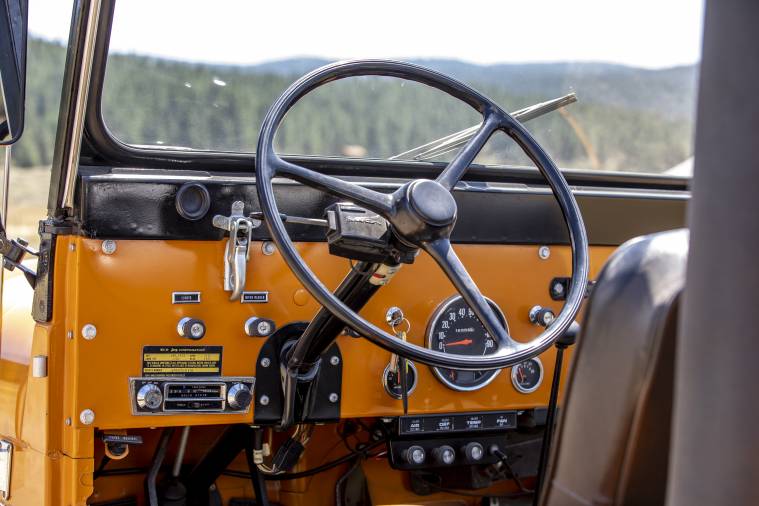 To start many old cars, you need to pull the choke cable to restrict the flow of air into the carburettor
To start many old cars, you need to pull the choke cable to restrict the flow of air into the carburettor
All these things are rarely heard of now. Cars are common and far more reliable and though we have so much easy access to information, most owners are less knowledgeable about their machines, than the owners of the past. And if anything has to be done to them, they just leave it to the service center and their personal involvement is limited to purely paying the bill.
Coming back to the hissing sound made by the Solex carburettor, reminds me of a very interesting conversation I had some years back with a team of engineers from Jeep, when I was invited to drive their Wrangler on the legendary Rubicon Trail in the USA. We were all seated around a campfire in the wilderness, when the conversation veered to some of the classics Jeeps, particularly the Willys MB's; I had driven over the years. One of the younger engineers asked me how driving the latest Jeep Wrangler, compared with the driving experience of older Jeeps. This subsequently led to a little debate about carburettors versus fuel injection, electronic ignition, ECU's, etc.
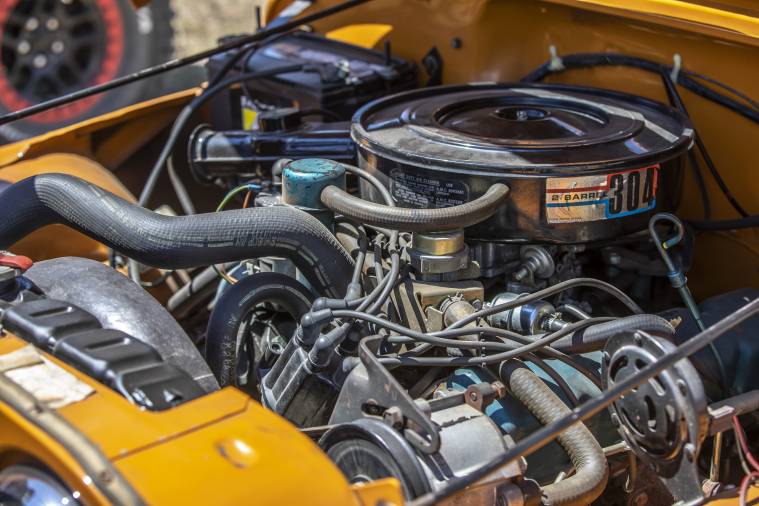 Almost all carburettors have a distinctive air intake sound
Almost all carburettors have a distinctive air intake sound
I remember expressing that while I was all for modern technology and fully appreciated the efficiency of fuel injected vehicles and how they started instantly in varying driving conditions and climates, I somehow missed the starting procedure of the older carburetted engines. With the older cars, the way they started and ran, differed from individual vehicle to vehicle. Some required you to pump the accelerator pedal and push petrol into the carburettor's fuel storage chamber before cranking the engine. With others you needed to fully or partially pull the choke cable to restrict the flow of air into the carburettor, which enriched the fuel-air mixture and improved the ability of the engine to start in cold or damp conditions.
With such older vehicles you can never be sure if the engine will fire at the first attempt, or if it shall need multiple efforts. The number of tries varies from day to day and hour to hour, and depends on so many variables like the temperature, when it was last started, the angle it is parked at, the amount of fuel in the carburettor storage chamber, the strength of the spark, the fuel and air mixture, and so on. In fact if the engine does not start despite repeated attempts, you can feel the battery weakening and the starter turning more slowly, and you have to be very careful not to drain the battery completely.
 The starting process in an older vehicle is almost like getting to know how it breathes and what makes the engine fire
The starting process in an older vehicle is almost like getting to know how it breathes and what makes the engine fire
And even once the engine starts; you have to deftly depress the accelerator to keep it running and prevent it from stalling. Sometimes it will cough, splutter and miss a beat, and you have to push in more petrol or lift off to prevent flooding of the carburettor. As the engine warms up the engine note changes, the idling speed increases and the car settles into a nice rhythm. This entire starting process brings you closer to the vehicle and it's almost like getting to know it's every heartbeat and response. As a result, you develop both a mechanical and emotional connect with the machine. Fascinatingly, some old cars only respond and start with their owners or regular drivers. With others they misbehave with the carburettor getting flooded, the battery dying or starter getting stuck, etc. Cant's get a better security system than that, can you.
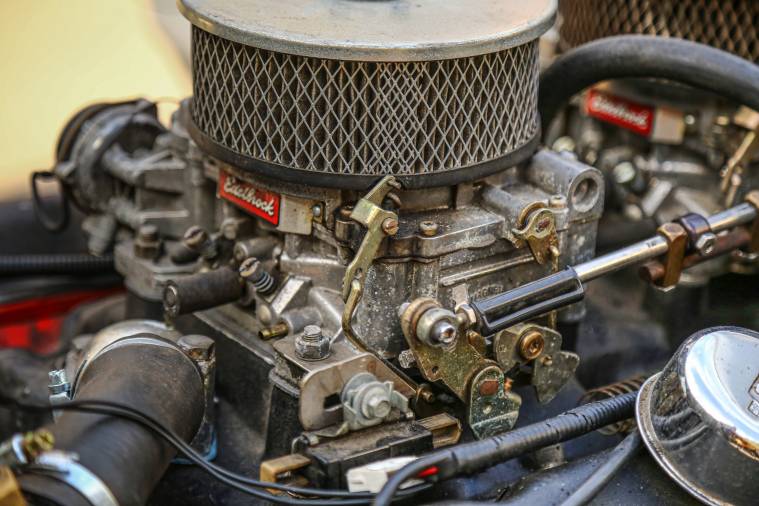 The air filter, the jets and venturi, can all alter the air intake vocals of a carburettor (Image source Kirill Beglaryan, Unsplash)
The air filter, the jets and venturi, can all alter the air intake vocals of a carburettor (Image source Kirill Beglaryan, Unsplash)
There is one more important thing. With the carburettor, whatever be the make and design, you can always hear some amount of air intake noise. Different carburettors make different sounds, and even changing the jets or venturi, alters the vocals. Hearing the air being sucked into the carburettor is almost akin to hearing the breathing of a person. And there can be no better human connect than that.
Starts Rs 53.9 Lakhs
1995cc
Automatic
268
400
-NA-
